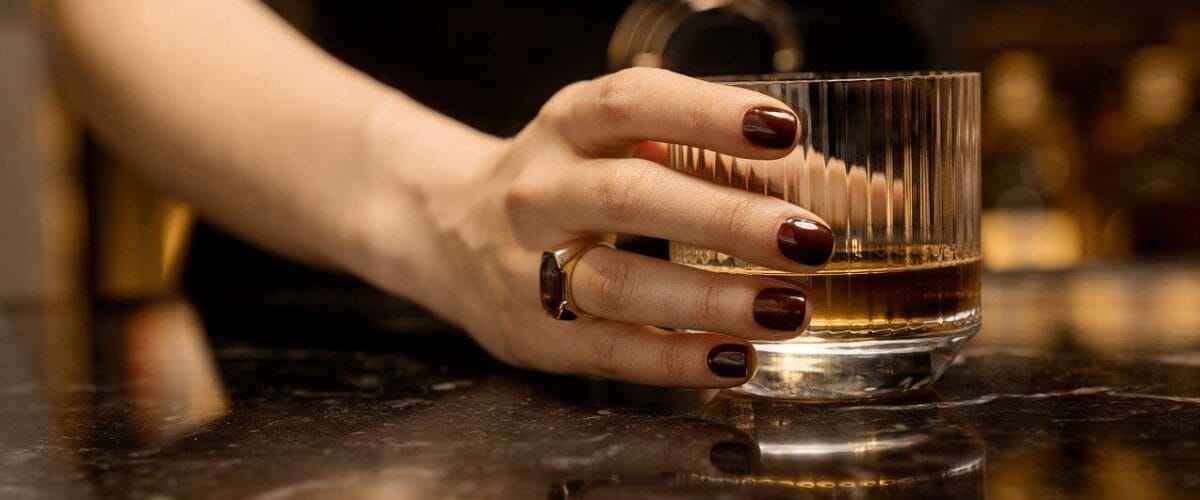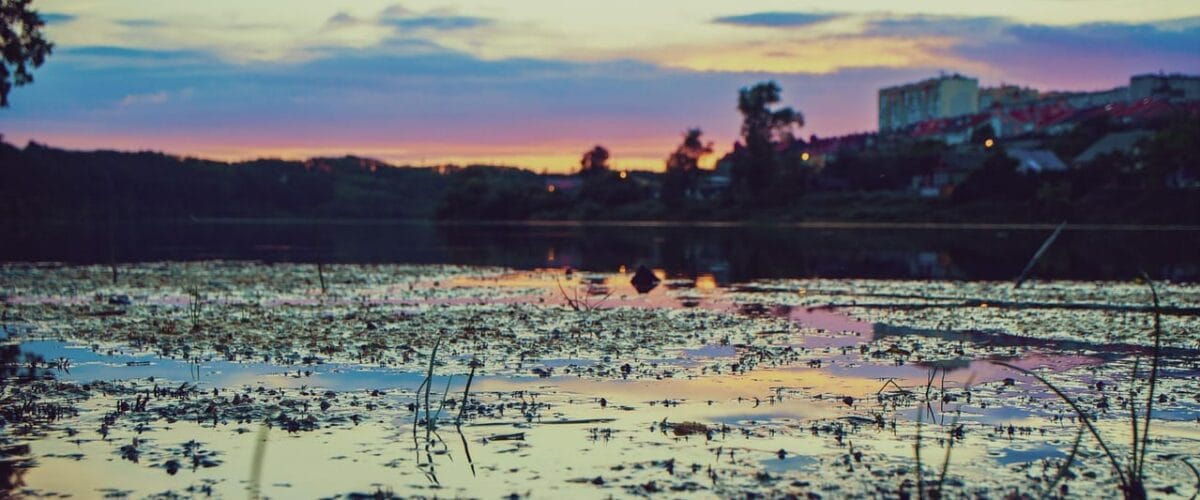I lived the drinker’s dilemma from about my eighteenth birthday until about six weeks after my thirty-sixth birthday — 18 years, and though there weren’t many blackouts, there were many seedy hangovers.
The way I feel about alcohol now is balanced. Having been a non-drinker for over twenty years now, I commend anyone to drink if they can enjoy it in moderation. But as soon as the drink becomes a pattern for coping a person is in trouble.
2,900 years ago these words were penned:
“It is not for kings, Lemuel–it is not for kings to drink wine, not for rulers to crave beer, lest they drink and forget what has been decreed, and deprive all the oppressed of their rights. Let beer be for those who are perishing, wine for those who are in anguish! Let them drink and forget their poverty and remember their misery no more.” (Proverbs 31:4-7)
As a counselor, I know it’s not as simple as someone giving up the grog cold turkey. For many people, drinking is a coping mechanism and there needs to be the right support in place to help a person make their journey clear and free of alcoholism.
That support for me two decades ago was a tremendous body of believers in recovery, unity, and service — the rooms of AA, shout out to the Mandurah Steps group, Coolbellup, Fremantle, Rockingham groups, and the Kwinana Town Group (where I was Secretary for a short time before I received my call to become a minister of God). In the grips of grief with my first marriage in tatters, so many men and a few women gathered me and encouraged me to go deep into my own pain to own it, to deal with my resentments and anxieties, to invest in my recovery by looking at ME, not blaming others. AA gave me so much at the time I committed myself to a lifetime of recovery, unity, and service. It is a constant reminder that my life — all our lives — have enormous purpose, much bigger than many of us contemplate or dare to imagine.
The fact is life wasn’t meant to be lived off our faces. It is meant to be lived sober. Life is its best when we are stone-cold sober.
Recovery is worth every bit of the sacrifice it takes to get and stay sober.
Unity is HOW we get through and STAY sober, the mutual love and support of brothers and sisters of the same faith.
Service is what keeps us humble and fortifies us against the inevitable threads of disappointment, regret, betrayal, bitterness, unforgiveness, and resentment that remain ever-present threats to our sobriety. Truth is, these snares are everywhere in life, and we must get to a place where we’re girded beyond them, to save us when we might otherwise slip into the haze of a drunken spree. Service is an offensive strategy to ensure we are blessed in being a blessing. A person who serves simply for the joy of it, because they can, cannot be swayed by addiction.
Get this: sobriety is a state of mind, and less so much about whether we drink or not. But it is also about being and staying sober. Sobriety is the wisdom of maturity that contemplates that life is a bruising affair, that there are too many temptations and stumbles along the way, and that the only way through is the preemptive perspective that prevents us from getting stuck in the salty mangrove swamps where there is no spiritual life.
The drinker’s dilemma is to drink to cope with the pains of life that could be resolved if only the drink were replaced with facing scary feelings which threaten to overwhelm but can be faced and can be tamed.
The drinker’s dilemma is a short-term solution that involves considerable consequences. Alcohol always complicates things. It is not only a physical carcinogen, it’s an emotional and a spiritual carcinogen as well. It destroys lives and never builds. And to think we still allow it to be advertised so much that young lives continue to be conditioned to think it’s part of a good life. Trouble is the drinker’s dilemma because, for every person who partakes in moderation, there is potential for another to tie on a bender.
We don’t need alcohol like we need food, water, and shelter. Alcohol contributes nothing to our needs. For nine who can ‘enjoy a quiet one’ there is one or two who will drink themselves to oblivion. Theirs is the drinker’s dilemma, ten thousand regrets with the hair of the dog combined with another ten thousand on top — the daily drive to drink for 55 years. The drinker’s dilemma is damned if one drinks and damned if one does not drink (for the fact that the drink is missed).
You can do it. You can rid it from your life if you relate to the drinker’s dilemma.
Get support around you. Go and face those emotions that beg to be met. Commit yourself to the steps of recovery and be blessed to find your purpose in service.
This is an updated edition of a post originally published on Tribework
Featured Image by OurWhisky Foundation from Pixabay




















Comments are closed.